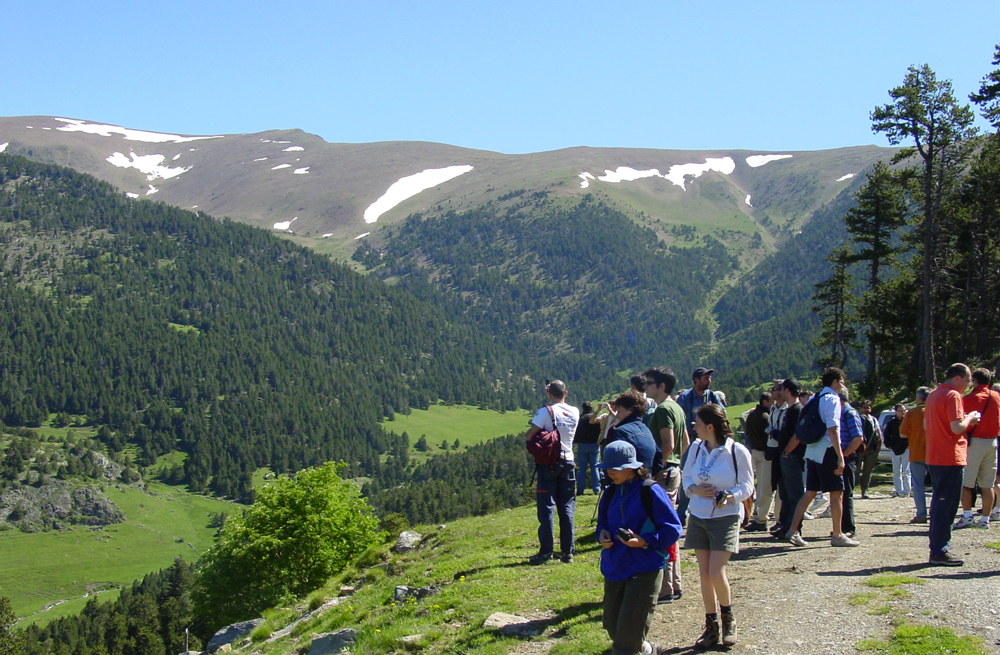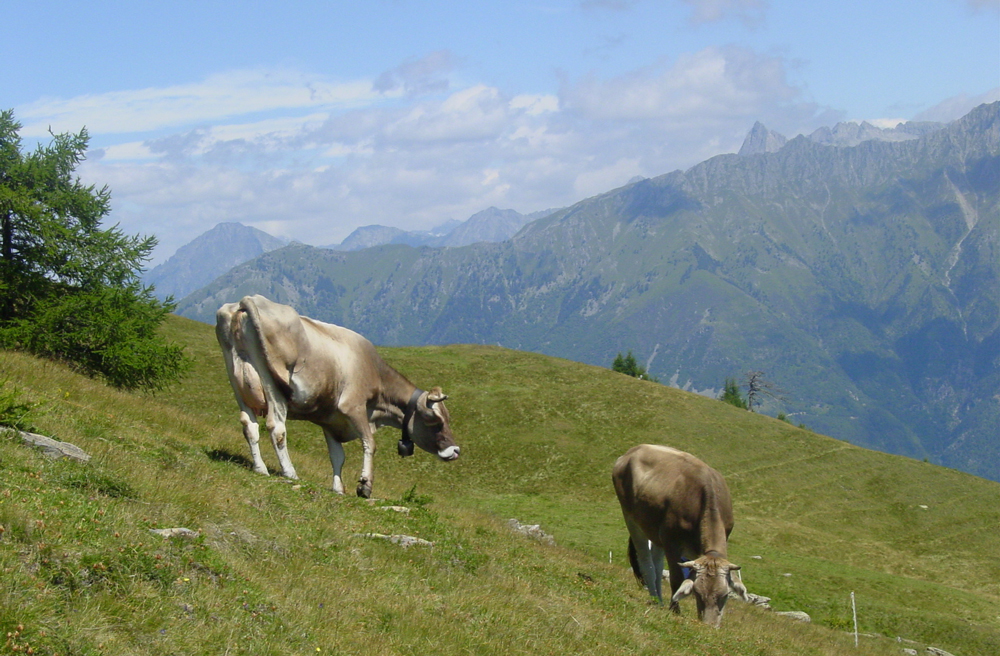Coping with Challenges on Vocational Education and Training in agricultural (green) sector
Agricultural enterprises are undergoing a process of continuous change produced by very different causes, such as the effects of Climate Change on crops or the demand of population for quality food at reasonable price produced by an environmental friendly agriculture. Farmers and workers should be adequately trained during all their life to cope with these challenges, something to which agricultural VET schools contribute actively in Europe. Schools must be continuously updated in order to remain useful to the agricultural sector.
In this context, EUROPEA, the European network of agricultural schools carried out from 2009 to 2011 the project CHAVET (Challenges on Agricultural Vocational Education and Training) that allowed it to analyze some challenges, to develop a list of proposals (Statement) and a matrix with the measures to face the challenges and to be prepared for the future. These results were sent to European and National authorities and the agricultural school of the EUROPEA network.
In order to improve the process of adaptation for the future, we applied for another Leonardo da Vinci Partnership project whose name is COPCHAVET (Coping with Challenges on Vocational Education and Training). This project was approved in July 2011 in 8 countries: Austria, Slovenia, Slovakia, Spain, France, Luxembourg, Netherlands and Poland; and during two years (2011-2013) these partners analysed the challenges and elaborated some tools that will permit the European “green” VET schools to cope with these challenges. Other members of the EUROPEA Network have collaborated as well.
COPCHAVET project aims were: to contribute to the adaptation and preparation for the future of the European agricultural VET schools, to improve teacher training and other stakeholders of the educational community and to strength cooperation among European agricultural VET schools.

The activities carried out were:
- International seminars and meetings where to analyze two major challenges: a) school-enterprise cooperation and learning of entrepreneurial skills at school and b) Climate Change and environment and their effects on agriculture and agricultural VET.
- To collect “best practices” used by schools and / or companies to face the challenges and to elaborate two “directories” with these best practices, one for every challenge.
- To analyze and elaborate a report about the situation of the implementation of the European Credit in Vocational Education and Training (ECVET) in agricultural (green) sector.
- To disseminate the results among the schools of EUROPEA net and the European and National authorities charged of the agricultural VET.
This is a Leonardo da Vinci Partnership project. The project was coordinated by EUROPEA-E, having the headquarter in the Centre de Formació i Estudis Agrorurals del Departament d’Agricultura in Reus (Ctra Riudoms, km 2’2, 43280 Reus, tel: 977310366. For more information, please consult the Websites www.europea.org and www.europeaespana.es


